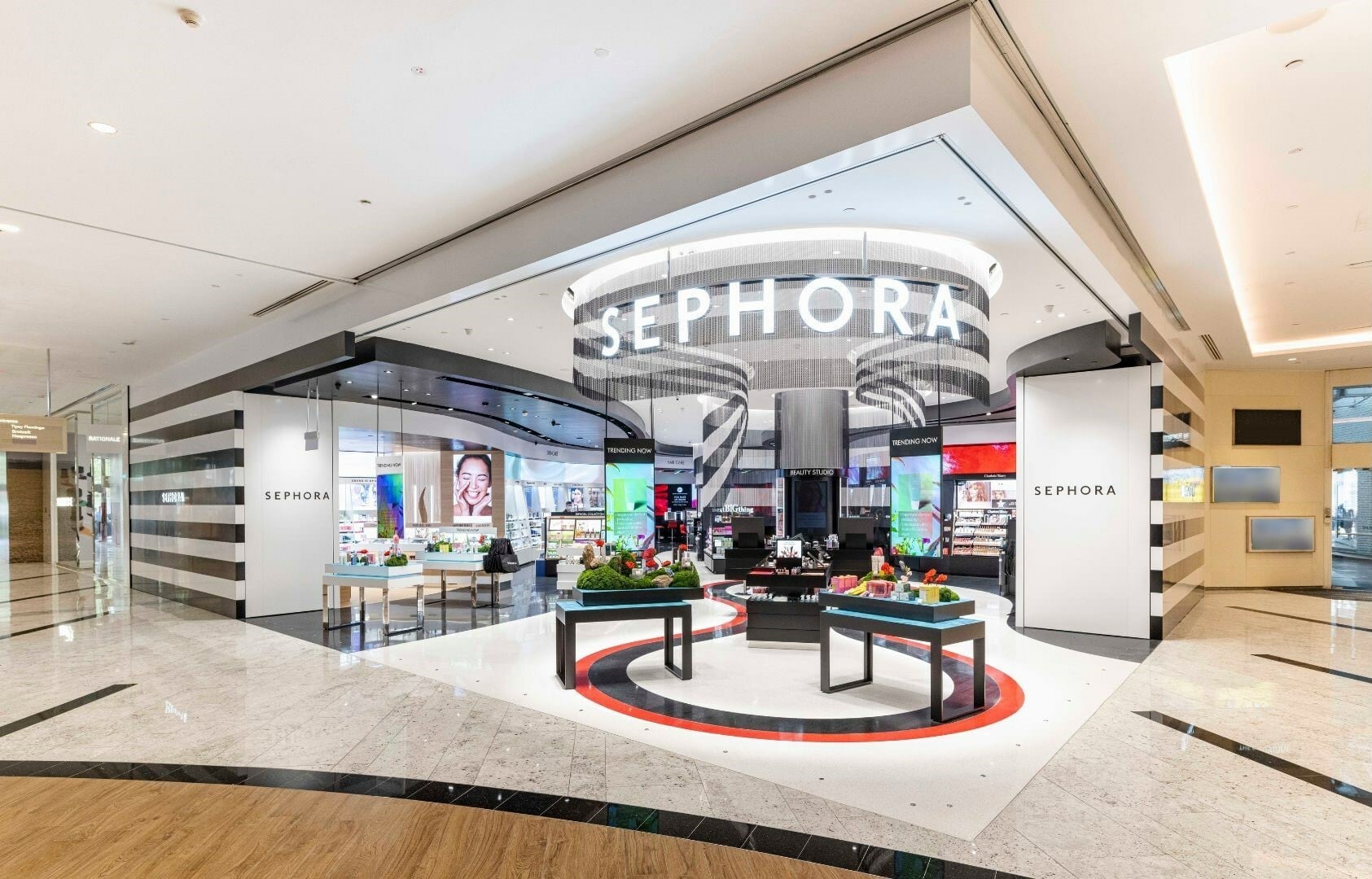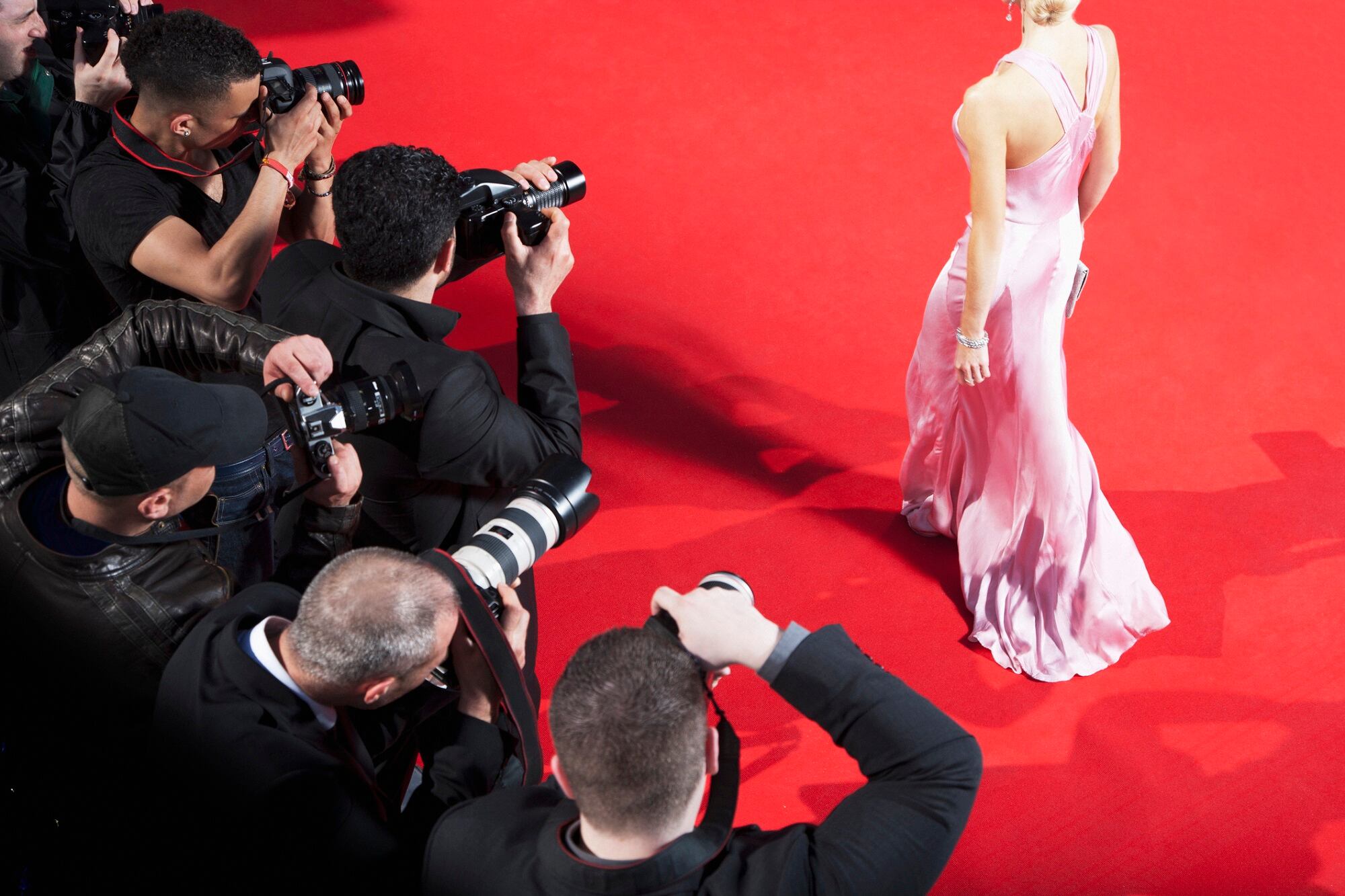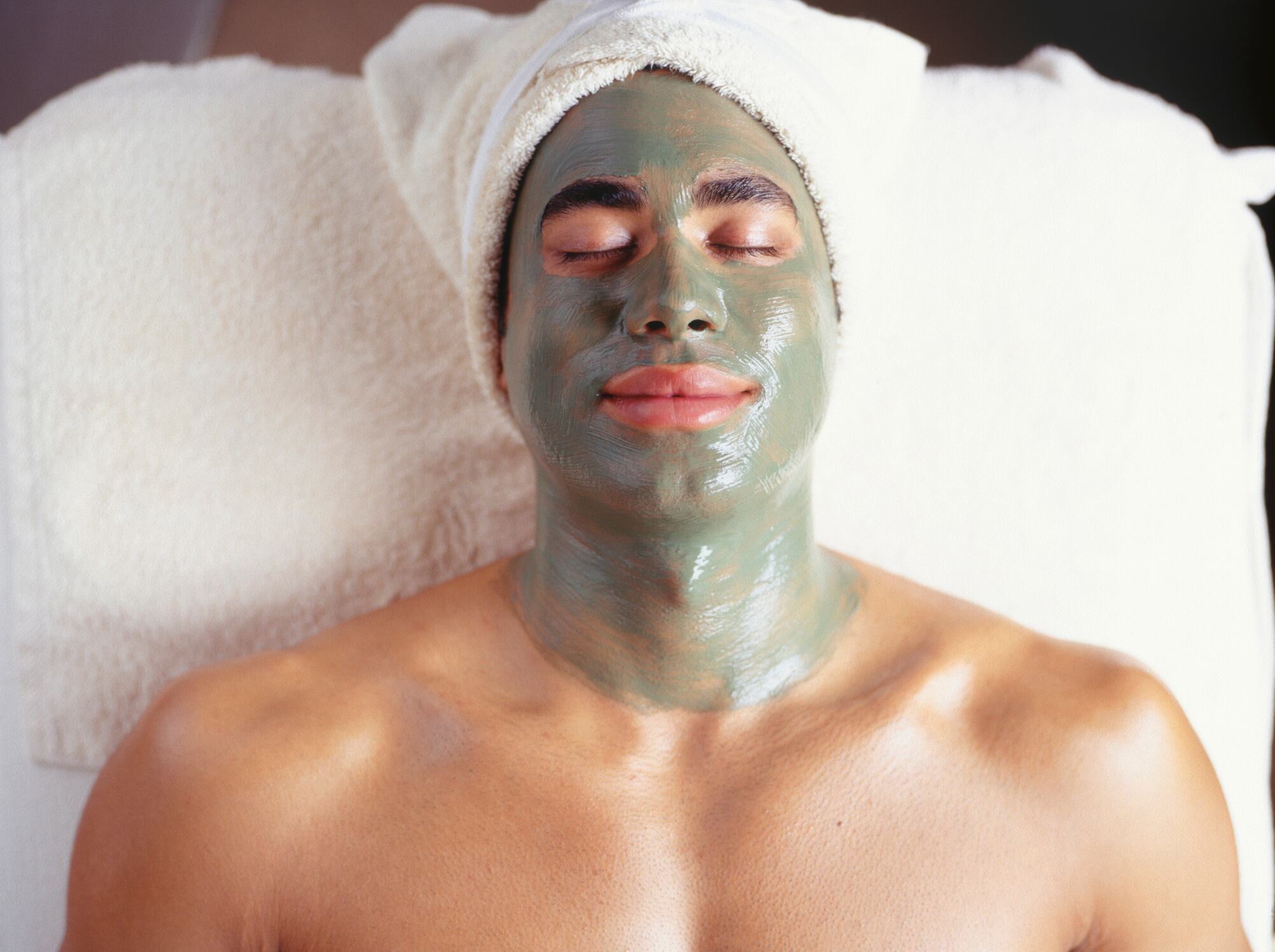According to data analytics and consulting company Global Data, the Indian cosmetics and toiletries market was estimated to be worth $17.5bn (around €16.2bn) in 2023 and is projected to grow at a CAGR of 4.7% to reach $21bn (around €19.5bn) in 2027.
This projection comes at a time of great interest in the market, which has seen Estée Lauder Companies, L'Oréal and Puig all invest in local beauty brands and other major players including Coty and Huda Beauty invest further resources into India.
Meanwhile last November, local group Reliance Retail acquired Arvind Beauty Brands Retail, which owns the rights to Sephora in India, so the global beauty retailer is also expected to expand its presence here.
A key market for luxury lifestyle categories
“A booming middle class of premium aspirers and increasing numbers of high net worth individuals with disposable wealth are establishing India. It’s no longer an emerging destination, but a key market for luxury lifestyle categories such as beauty to capture,” comments foresight analyst at strategic consultancy The Future Laboratory, Simar Deol.
“Lifestyle industries are watching India’s growing middle classes with interest. Research from the People Research on India’s Consumer Economy estimates that there are about 432 million middle class Indians (about one in three people) with an annual household income of between £5.2k (€6.1k) and £31.4k (€36.8k),” Deol continued.
“More people are expected to enter the middle class for the first time soon. This cohort will represent the biggest shift in consumer behaviour in the country; their purchasing focus won’t be buying just more of the same – they will seek out premium and newer categories. Beauty brands such as Coty, Huda, Sephora and Shiseido have the reach and brand portfolio to capitalise on this newfound interest and spending power. Indian consumers are looking to these global beauty companies for their ability to adapt to India’s specific market, culture and skincare needs,” she shared.
The relatively young median age of population has also been cited as a reason for increased interest.
Deol also noted that the population size – 1.486 billion people, according to projections by the UN – makes the Indian market appealing, but what could be more valuable to businesses is the average age of the Indian population. “Some 42.7% of Indians are under 25, making it one of the youngest countries in the world. India’s median age is only 28, compared to 38 in the US. and 39 in China, according to Pew Research Centre,” she said.
“India’s young population, who are digital natives, are using the internet as a democratising force, allowing accessibility in tier 2 and tier 3 cities – they see these celebrity brand collaborations on social media, and it resonates, providing access to beauty looks, favoured products and regimes.”
“Pay attention to Bollywood”
Taking the wider luxury market as a reference point, Deol suggests that European beauty companies pay attention to India’s focus on Bollywood and its star power for influencing Indian consumers on all things fashion and beauty,
”Luxury brands are forging more partnerships with Bollywood stars in the hope of penetrating the Indian market,” she said and pointed out that actress Deepika Padukone became the first Indian global ambassador for Louis Vuitton in May 2022 and for Cartier in October 2022. Meanwhile Alia Bhatt took on the same role for Gucci in May 2023; and Korean skincare brand Laneige and French luxury eyewear brand Numi Paris appointed Athiya Shetty as ambassador respectively in May 2023 and June 2021.’
Looking to the future, Deol recommends that cosmetics and personal care brands become further attuned to cultural preferences and norms.
“Although cash is being injected into India’s lifestyle sectors, brands will face local challenges and resistance that require strategic thinking,” she shared and advised that brands need to genuinely research and connect with local consumers to understand how much they seek value and price when purchasing.
“It is also crucial to account for local cultural and religious nuances,” she advised and noted that when Soho House’s beauty brand entered India (its first in Asia) a Cowshed Spa was not possible, as the name would offend its target audience.
“Just like in China, consumer traits shift drastically between regions. For example, consumers in Delhi, the capital, or Mumbai, the creative hub, dress and socialise differently from consumers in the southern city of Hyderabad,” she explained.
“Mastering the complexity of sociocultural and religious norms in India is pivotal to entering this market. Working with local partners with operational, cultural and bureaucratic know-how will prove invaluable to global brands.”
This point is also echoed by Nidhi Chauhan, a senior insights analyst at Global Data, who remarked: “Beauty companies need to understand that Indian consumers want brands to tailor products according to their needs and preferences.”
Chauhan also pointed out that according to consumer data from a global consumer survey that Global Data undertook in Q4 2023, nearly two-thirds (65%) of Indian consumers consider how well the product or service is tailored to their needs and personality as a key feature when choosing a new product.




